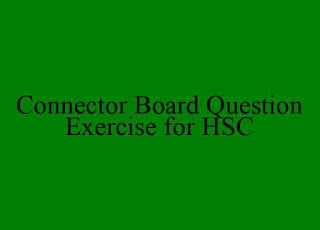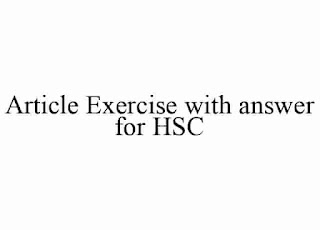The American Scholar Short Summary by Ralph Waldo Emerson
“The American Scholar” is an essay by Ralph Waldo Emerson, first delivered as a lecture to the Phi Beta Kappa Society of Harvard College in 1837. In the essay, Emerson argues that the American scholar should be an independent thinker, free from the constraints of tradition and external authority. He encourages the scholar to embrace self-reliance, a concept that he explores in depth in his essay "Self-Reliance."
Emerson begins the essay by discussing the role of the scholar in society, noting that the scholar is the "priest of nature" and the "prophet of nature." He argues that the scholar should be guided by the laws of nature, rather than by the laws of man.
Emerson then goes on to discuss the importance of intuition and the need for the scholar to trust his own judgment and experience. He encourages the scholar to be open to new ideas and to be willing to challenge conventional wisdom.
Emerson also addresses the role of education in the development of the scholar. He argues that formal education can be limiting and that the true education of the scholar comes from personal experience and self-exploration.
In conclusion, Emerson asserts that the American scholar has a unique role to play in the development of American culture and society. He encourages the scholar to embrace his independence and to use his knowledge and wisdom to shape the future.


